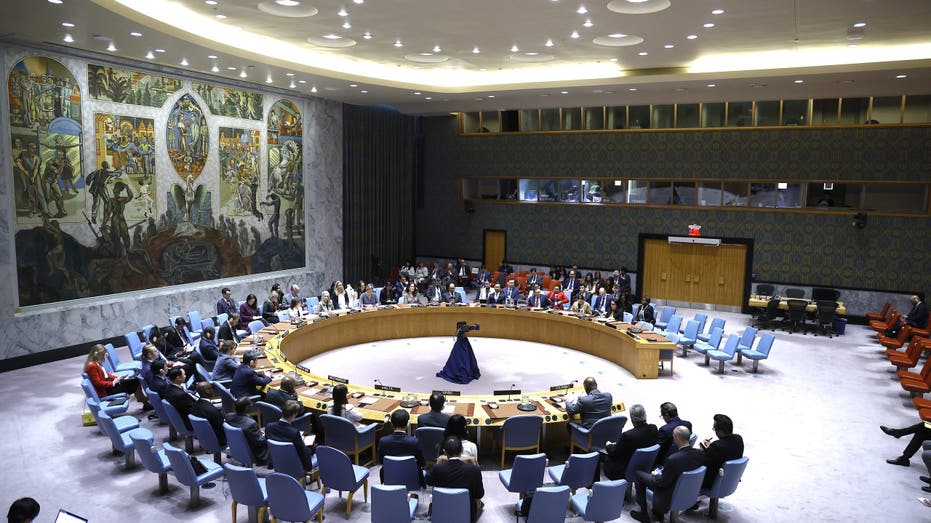U.S. Vetoes U.N. Ceasefire Resolution, Stands Firm with Israel Against Global Push

Sarah Johnson
June 5, 2025
Brief
U.S. vetoes U.N. resolution for Israel-Hamas ceasefire, standing by Israel against support from U.K., France, and others amid Gaza conflict tensions.
In a bold stand at the United Nations Security Council, the U.S. has rejected a resolution calling for an immediate ceasefire between Israel and Hamas, aligning itself firmly with Jerusalem. Despite overwhelming support from 14 council members, including France, the U.K., Russia, and China, the lone U.S. veto ensured the resolution's failure.
U.S. Chargé d’Affaires Dorothy Shea minced no words, criticizing the council for failing to hold Hamas accountable. She pointed out the terror group's consistent rejection of ceasefire proposals and questioned why the U.N. still hasn’t branded Hamas a terrorist organization. "Rewarding Hamas’ intransigence is not an option," Shea declared, underscoring the absurdity of ignoring the group’s role in perpetuating conflict.
The draft resolution itself avoided condemning Hamas, merely demanding the release of the remaining 58 hostages in Gaza—a point of contention for many. Israeli Ambassador Danny Danon expressed gratitude to the U.S. for its unwavering support, calling the veto a stand for truth, justice, and moral clarity. He accused the resolution of legitimizing falsehoods and abandoning the hostages.
Meanwhile, the U.K.’s Ambassador Barbara Woodward defended her nation’s vote in favor, citing the dire situation in Gaza and urging Israel to ease restrictions on humanitarian aid. But not everyone saw the resolution as a noble gesture. Anne Bayefsky, Director of the Touro Institute on Human Rights and the Holocaust, slammed it as an obscene equation between tortured hostages and convicted Palestinian prisoners. She went further, framing the resolution as a direct jab at President Donald Trump, with France and the U.K. using the U.N. to undermine U.S. influence.
Danon also criticized the resolution for ignoring Hamas’ exploitation of aid in Gaza, accusing the group of hijacking trucks and stockpiling resources for their own gain. Shea echoed this frustration, warning the U.N. against engaging in performative politics at a time when its relevance and funding are under scrutiny. "This council must hold itself to a higher standard," she insisted.
At its core, this clash at the U.N. reveals a deeper fracture in international consensus, with the U.S. standing as a solitary defender of Israel against a tide of criticism. The question remains: can diplomacy bridge this divide, or are we witnessing the limits of global unity?
Topics
Editor's Comments
Well, folks, it seems the U.N. Security Council is playing a high-stakes game of 'pin the blame on Israel,' while Hamas sits in the corner, hoarding aid like it’s Black Friday. The U.S. veto was less a surprise and more a reminder that diplomacy here is about as united as a family reunion after a bad inheritance split. And let’s talk about France and the U.K.—their resolution feels like they’re trying to photobomb Trump’s foreign policy with a cheeky 'gotcha!' sign. If only ceasefire talks came with a laugh track, we’d all be entertained.
Like this article? Share it with your friends!
If you find this article interesting, feel free to share it with your friends!
Thank you for your support! Sharing is the greatest encouragement for us.



